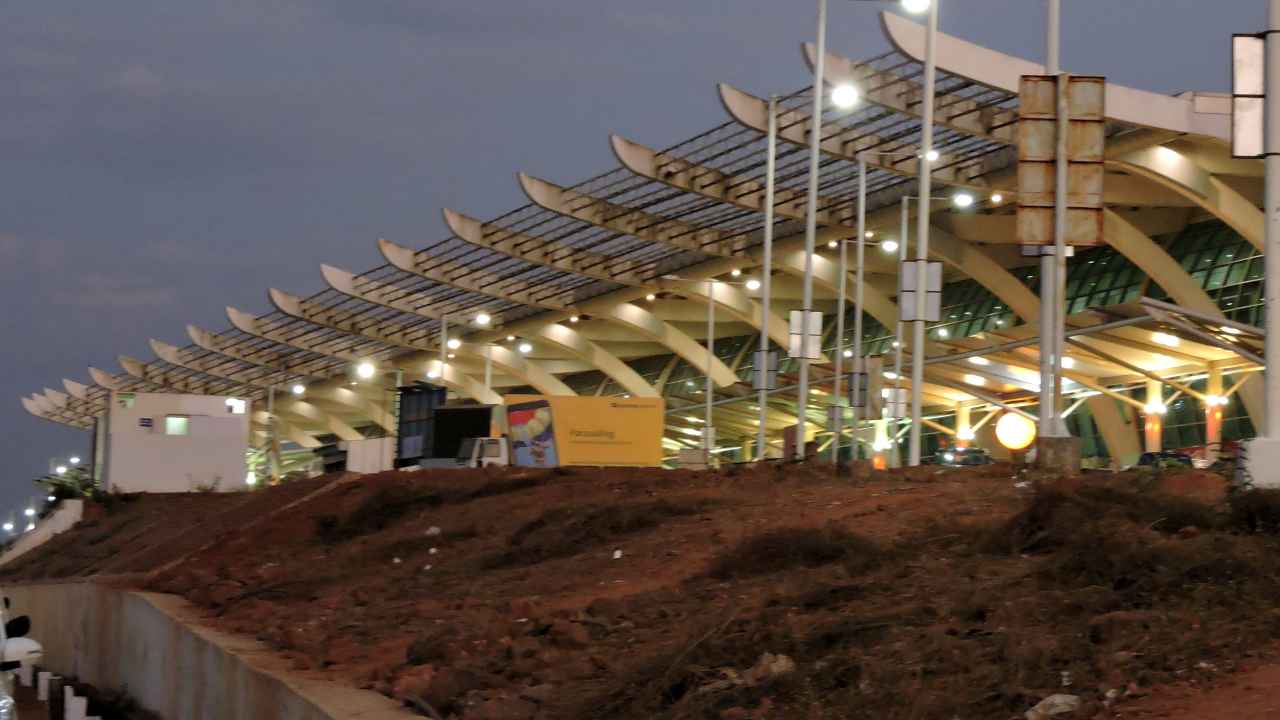A total of 64 airports in Asia-Pacific and Middle East have collectively contributed towards 162,623 tonnes of carbon reduction, according to the ACI Airport Carbon Accreditation (ACA) Annual Report 2021-2022. This is equivalent to the CO2 emitted during the production of close to 24 million cotton t-shirts.
During the reporting period from May 2021 to May 2022, the accredited airports from ACI Asia-Pacific and the Middle East have achieved tremendous results in effective carbon management. During this period, 64 airports from 23 countries and territories in ACI Asia-Pacific and the Middle East, collectively handling more than 40% of the region’s traffic, have been accredited under the Programme. This represents a robust participation growth rate of 12% over the previous period. This momentum for airport climate action accelerated in spite of the challenges of COVID-19 recovery in the region at the time.
Stefano Baronci, Director General, ACI Asia-Pacific said: “There have been significant efforts to reduce the carbon footprint at airports, but the emissions levels will still increase due to a lack of clear solutions to decarbonise the industry and surging demand for air travel. ACA programme is a great tool to encourage and enable airports to implement best practices in carbon management and achieve emissions reductions. The coming years will be more challenging as Asia-Pacific and Middle East traffic is expected to collectively grow by 2.6 times until 2041 from 2019 level of 3.4 billion. Airports are already doing good work in decarbonisation, but are expected to scale up their efforts to reach net zero goals by 2050. We look forward to see more airports join ACA and progressively make it to the top tier of the programme.”
Airports in Asia-Pacific and the Middle East have also recorded progress in moving to more advanced levels of accreditation. 16 airports upgraded to a higher level within the reporting period.
Airport Carbon Accreditation is the only institutionally-endorsed, global carbon management certification programme for airports. It independently assesses and recognises the efforts of airports to manage and reduce their carbon emissions through six levels of certification: ‘Mapping’, ‘Reduction’, ‘Optimisation’, ‘Neutrality’, ‘Transformation’ and ‘Transition’.
Through its six levels of certification, Airport Carbon Accreditation acknowledges that airports are at different stages in their journey towards comprehensive carbon management. It is a programme for airports of all sizes, extending beyond hubs and regional airports with scheduled passenger traffic, to include general aviation and freight-focused airports.
Highlighted amongst the program’s achievements is the sheer diversity of airports now certified. They include airports of all sizes: top global hubs such as London-Heathrow, Istanbul, Doha Hamad International, Singapore-Changi and Dallas Fort Worth are amongst the accredited rollcall, along with capital gateways in all continents such as Abidjan, Athens, Amman, Phnom Penh, Quito and San Jose. Equally, smaller airports serving remote areas, island nations and popular tourism destinations as diverse as Galapagos, Kelowna, Puerto Vallarta, Enfidha Hammamet, Trondheim and Sunshine Coast are proudly counted in their number.
Niclas Svenningsen, Manager for Programmes Coordination at the United Nations Framework Convention for Climate Change (UNFCCC) said: “The results announced today speak volumes of the global airport industry’s commitment to fighting climate change. Against the backdrop of worsening climate impacts and the window of opportunity to keep the warming below 1.5°C rapidly closing, we need all parts of our global economy to act now. Airports have clearly understood this message and are on the front line of climate mitigation within their spheres of influence and lending their impetus to other industry actors. I commend each and every airport engaged in this collective effort to advance the decarbonisation of the airport industry globally.”


























